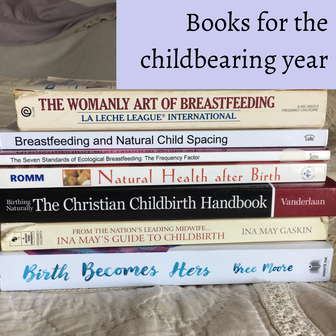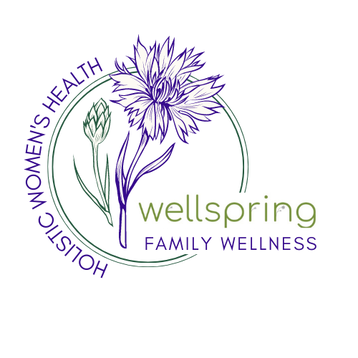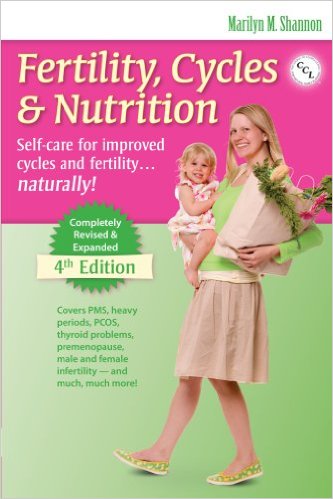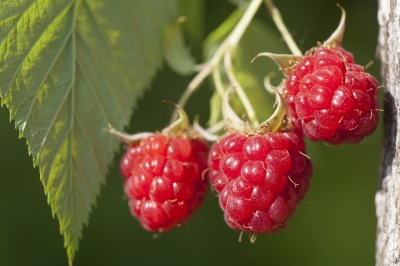 These are some of my favorite books for the ‘childbearing year’. It is so important to fill your heart and mind with positive, helpful, inspiring and encouraging information about this sacred season of life. We are beautifully created by the Author of Life, designed with the strength, courage, intuition, flexibility and creativity needed to bring forth children. There is no fruit in listening to anyone tell you otherwise :) (Disclaimer - I don’t necessarily agree with the worldview of all of the authors nor 100% of the content of these books) -Birth Becomes Hers by Bree More. This is a book about free-birthing, or the practice of having babies independently without the attendance of midwives. While I personally prefer to have my home births in the presence of my dearly trusted and well-trained midwives, this book is still an excellent resource about physiological birth, spirituality in birth, and is full of triumphant and joyful home birth stories that will make you actually look forward to labor! Although I believe the main part of the book as well as some of the birth stories are written from a Mormon perspective, I appreciate this book as it points our eyes toward our Creator for strength and peace, rather than inward as so many birth books do. -Ina May’s Guide to Childbirth by Ina May Gaskin. This is THE classic text on natural childbirth. I read this each time I’m pregnant. Half of the book is an illuminating introduction to natural childbirth and the GOOD design of a woman's birthing body ("You are not a lemon" is a favorite quote), the other half is a series of wild and inspiring birth stories that open one's eyes to what a woman's body is capable of. This book certainly contains a few questionable spiritual elements but is nevertheless a valuable resource. -The Christian Childbirth Handbook by Jennifer Vanderlaan. A Christ centered, Scripture-rich introduction to natural childbirth. This is the only truly Christian childbirth book I've read, and I found it enjoyable and encouraging. -Natural Health After Birth by Aviva Romm This book is a rich, holistic, practical guide to postpartum care, filled with tips and natural remedies. The postpartum time is such a vital healing, bonding, and building time for both mother and baby and too often neglected in our childbirth preparation. This is a book I have on hand for reference, and I typically pull it out anytime I or a friend has a baby! -The Womanly Art of Breastfeeding by the La Leche League. Another classic text for new parents, this is a must read for anyone hoping to breast-feed (or even if you aren’t sure yet!). My copy is quite dated and I know there are new editions out there that contain new information pertinent to modern life. -The 7 Standards of Ecological Breastfeeding and Breastfeeding and Natural Child spacing by Sheila Kippley. These precious books have taught me more about attachment parenting and mothering infants than any others. I have found them to be deeply challenging to societal expectations of what life with a baby looks like and how important maternal attachment is to lifelong emotional and physical health. Of course, these books are also full of useful information about the relationship between breast-feeding and suspension of fertility, which are typically only briefly mentioned in other natural family planning resources. What are your favorite resources for pre-conception, pregnancy and postpartum? What should I read next?
0 Comments
(This article may contain affiliate links) When looking for resources about women's health and fertility, the sheer amount of information available can be overwhelming. There are countless books, blogs, magazines, websites devoted to the topic, some of which offer conflicting advice. I'd like to start writing some reviews about resources that I've found to be informative, research-based and useful. The first one I'd like to share with you was easy to pick - I use this book as a reference on at least a weekly basis! It's called Fertility, Cycles and Nutrition by Marilyn M. Shannon, M.A., and it is by far my favorite book on menstrual health that I've ever read. The author holds a master's degree in human physiology and biochemistry, and she has a special interest in nutrition and reproductive health. She is also a natural family planning instructor with decades of experience. Fertility, Cycles and Nutrition could be read through from cover to cover, but it may be more suitable as a reference guide for everything related to nutrition and menstrual health. Part One of the book consists of basic nutritional advice - useful for everyone, not just women! Chapter titles include Twelve Rules for Better Nutrition, Obtaining and Preparing Nutritious Food, and Basic Supplements to Consider. Part Two, which encompasses the majority of the volume, is titled Overcoming Reproductive Problems and Challenges. Shannon describes a number of ways that nutritional deficiencies can lead to or exaggerate reproductive issues, and how proper nutrition, supplementation, and other natural remedies can provide significant improvement. This section deals with a variety of topics including PMS, painful periods, thyroid function, Polycystic Ovary Syndrome, luteal phase deficiency, yeast and vaginal infections, low sexual desire, endometriosis, infertility, miscarriage, and more. There are also sections focusing on optimal health for pre-conception, pregnancy, postpartum and breastfeeding. Throughout her book, Shannon gives specific vitamin recommendations, including dosage, to support various conditions. Her advice is clear, practical and easy to implement. Best of all, Shannon's background as a natural family planning instructor means that she readily understands and describes how charting fertility signs and interpreting that chart can provide valuable clues to a woman's overall health. I highly recommend this book to any woman of reproductive age, whether avoiding pregnancy, trying to conceive, or simply looking to improve her menstrual cycles and general well-being. The latest edition can be found here.
(This post may contain affiliate links)
You may be familiar with raspberries as a favorite summertime treat. But you may not know that the red raspberry plant (rubus idaeus), particularly its leaves, has long been celebrated for its reported health benefits. Naturally full of nutrients such as vitamins A, B, C and E, this versatile plant is especially appreciated as an effective support for many aspects of women’s health. This plant is considered to be safe for women of childbearing age, including pregnant and breastfeeding women.
Here are just a few of the ways that red raspberry leaf has traditionally been used: |
For updates, new articles, upcoming events, and information about fertility, healthy relationships, and natural family planning, sign up for the newsletter below:
Categories
All
|
Wellspring Family Wellness
[email protected]
2024
This site and associated social media may contain affiliate links from which I earn a small commission
[email protected]
2024
This site and associated social media may contain affiliate links from which I earn a small commission


